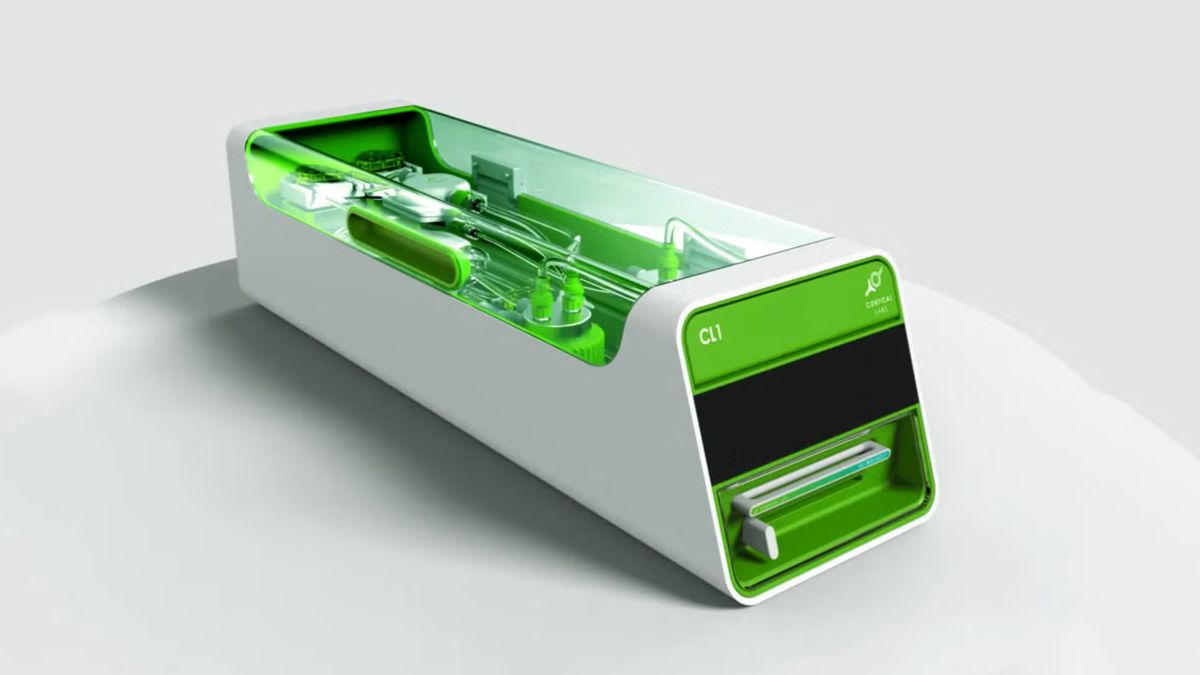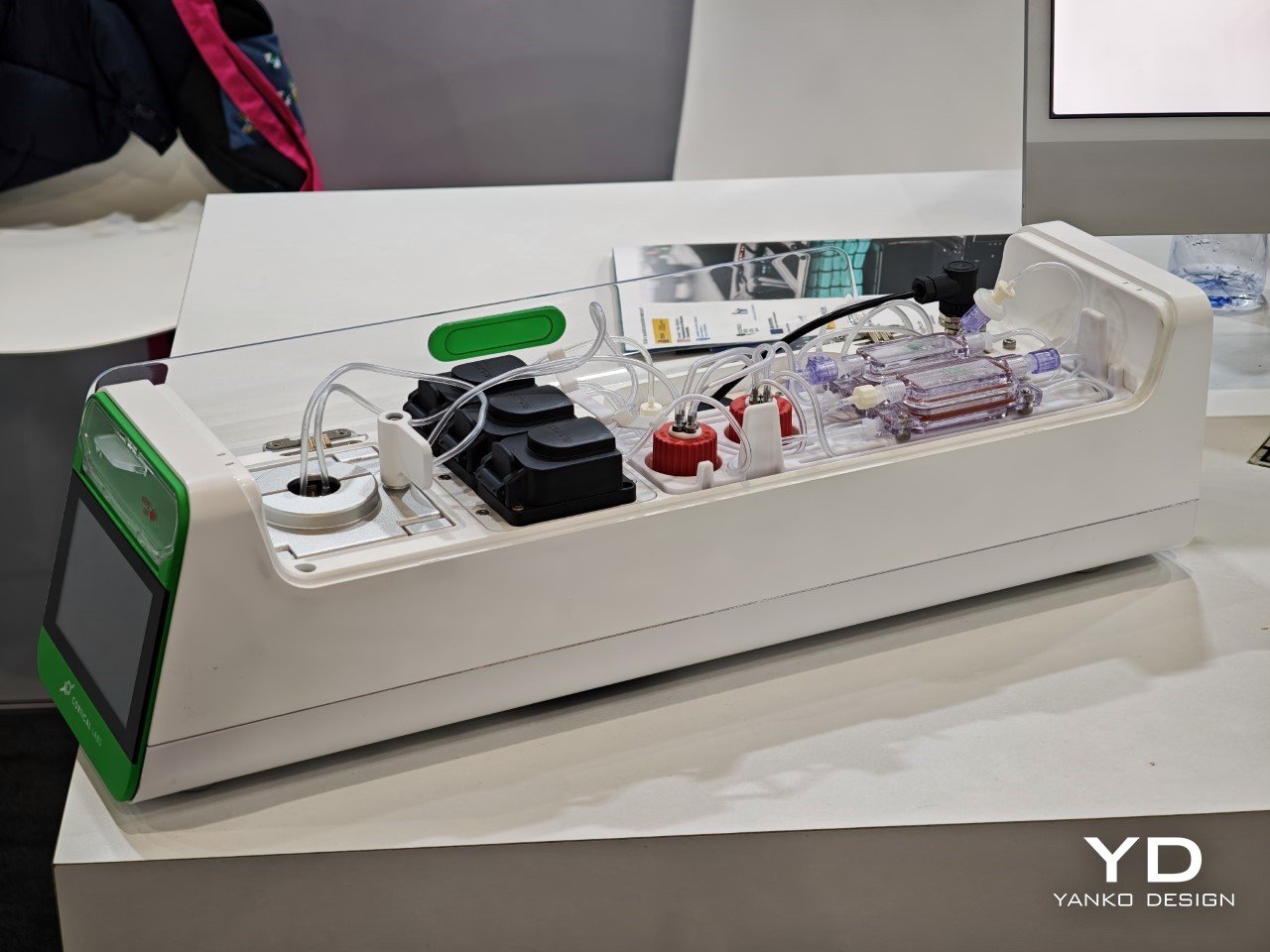In recent years, the field of computing has witnessed a revolutionary shift with the emergence of biological computing. This innovative technology combines the power of living cells with the efficiency of digital systems, promising to redefine how we approach complex computational tasks. At the forefront of this movement is the CL1, the world’s first commercial biological computer developed by Cortical Labs. Here’s a look at the timeline of this groundbreaking technology:
Early Developments
-
Pre-2020: Researchers began exploring the potential of integrating biological systems with digital technology. This involved studying how neurons could be used to create adaptive, learning systems.
-
2020-2022: Cortical Labs started developing the CL1, focusing on creating a platform that could support living neurons on a silicon chip.
The CL1 Launch
-
2023: Cortical Labs announced the CL1, marking a significant milestone in biological computing. The device uses human neurons derived from induced pluripotent stem cells (iPSCs) and operates on a proprietary Biological Intelligence Operating System (biOS).
-
2023-2024: The CL1 underwent extensive testing and refinement, demonstrating its ability to perform complex tasks with adaptive learning capabilities.

Expansion and Future Plans
-
2025: Cortical Labs plans to begin shipping the CL1, priced at approximately $35,000. This marks the first commercial availability of a biological computer.
-
Late 2025: The company aims to expand its offerings with a biological neural network server stack, further integrating biological computing into mainstream technology.
Key Features and Advantages
-
Adaptive Learning: The CL1’s biological components allow it to learn and adapt in real-time, similar to how human brains process information.
-
Energy Efficiency: This system significantly reduces power consumption compared to traditional AI systems, making it more environmentally friendly.
-
Complex Processing: Despite having a smaller neuron count, the CL1 can perform tasks comparable to those of small insects.
Challenges and Future Directions
-
Scalability: One of the biggest challenges facing the CL1 is scaling up its capabilities while maintaining consistent performance.
-
Ethical Considerations: The use of human tissue raises ethical questions that need to be addressed through regulation and public discourse.
-
Potential Applications: The CL1 could revolutionize fields like machine learning, robotics, and complex problem-solving, offering new avenues for innovation.
Key Takeaways
-
Innovative Technology: The CL1 represents a significant leap in computing technology, combining biological and digital systems.
-
Adaptive Capabilities: It offers real-time learning and energy efficiency, potentially transforming AI applications.
-
Challenges Ahead: Ethical and scalability issues need to be addressed for widespread adoption.

FAQs
Q: What is the CL1?
- The CL1 is the world’s first commercial biological computer, integrating human brain cells with silicon hardware.
Q: How does it work?
- It uses lab-grown neurons on a silicon chip, allowing for adaptive learning and dynamic responses to electrical stimuli.
Q: What are its advantages?
- The CL1 offers adaptive learning, energy efficiency, and potential applications in AI and machine learning.
Q: What challenges does it face?
- Scalability, consistent performance, and ethical considerations are significant challenges.
The Future of Computing: A New Frontier
As the world embarks on this new frontier of biological computing, the possibilities are vast and exciting. With the CL1 leading the way, we can expect significant advancements in AI, robotics, and beyond. However, addressing the challenges ahead will be crucial to unlocking the full potential of this innovative technology.












